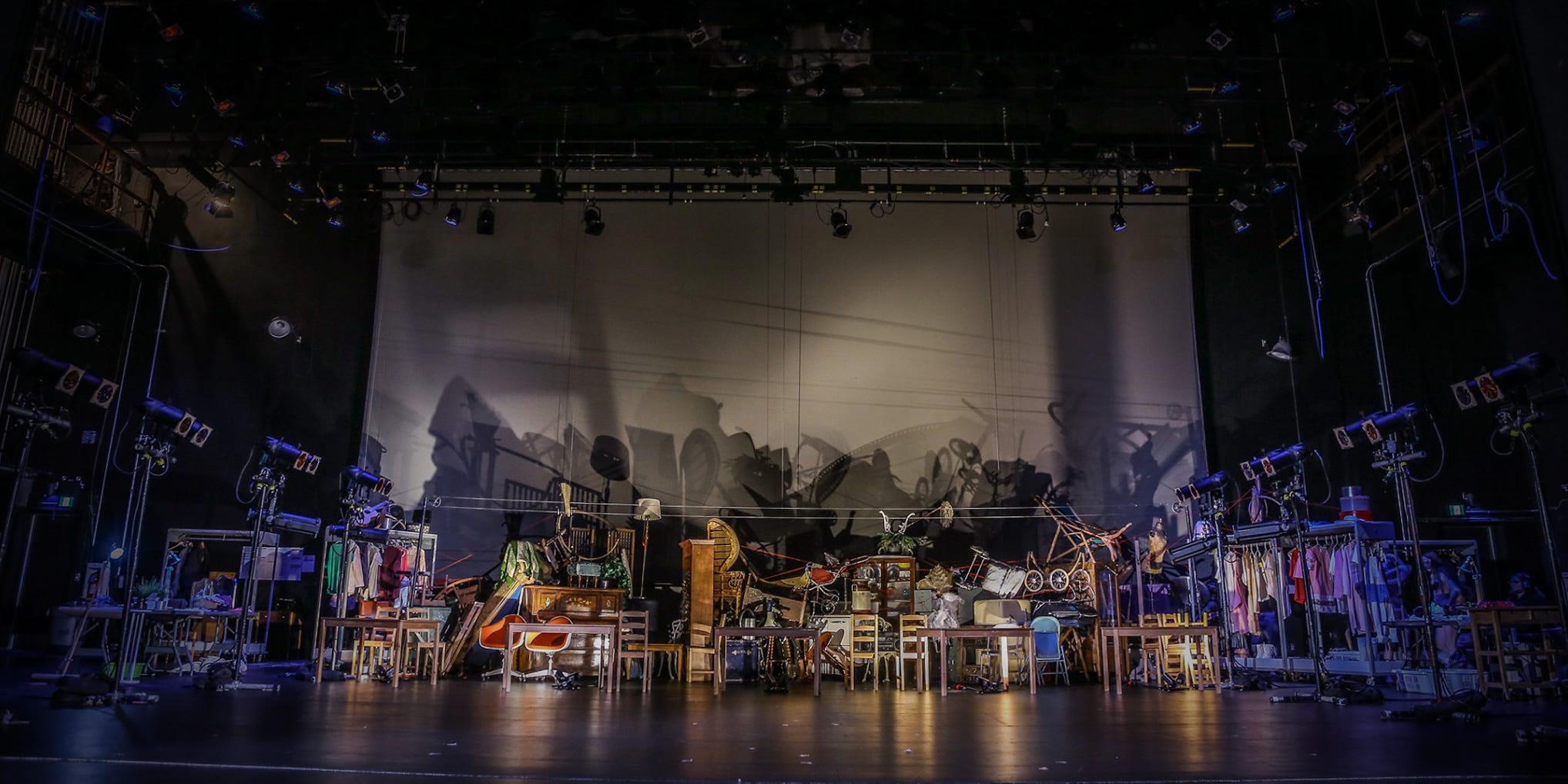News and Profiles

Sustainability behind the scenes and in the spotlight in the 黑料不打烊’s Department of Drama, with professors Selena Couture and Stefano Muneroni.
As a descendent of the Papaschase Cree and professor in education, Dwayne Donald is dedicated to sharing and integrating Indigenous knowledge into the public school curriculum. In this interview, he shares his work’s connections to sustainability.

Short videos highlighting 黑料不打烊 faculty perspectives on sustainability from across all disciplines.
Older Stories
Marine ecologist Stephanie Green shares what she loves about teaching, especially in the Certificate in Sustainability.
Campus Saint-Jean professor and Canada Research Chair Cindy Gaudet shares insights into how she conducts research in her ancestral home community.
Investments in wildlife and habitat protection are tied to a sport in decline, according to expert in outdoor recreation Howie Harshaw.
In Victor Lieffers' mind, the forestry industry is not to blame for deforestation in Canada. The issue, instead is climate change.
“Being able to make more sustainable choices with one’s diet is one of the most direct ways to impact one’s environmental footprint.”
Engineering professor Lianne Lefsrud’s interdisciplinary edge.
Public health researcher Nicholas Ashbolt aims to overhaul sewer works for long-term sustainability.
For Jennifer Braun, it started with a question: “Why do women have such a close connection with food in everyday life, but such poor representation when it comes to large-scale decision-making power?”
On the resurgence of capsule wardrobes — and how you can start building your own.
Hunting for photos and bearing witness in the Anthropocene, with honourary degree recipient and legendary photographer James Balog.
Kule Institute for Advanced Study is pushing the limits of videoconferencing with their unique, environmentally-friendly conference Around The World.
A solvent recycler has been installed in the undergraduate organic chemistry labs, where it will clean 7,200 litres of acetone each year, reducing waste and saving up to $16,000.
Chemistry is often maligned as a “dirty” discipline or one that simply cannot be sustainable. But the West Group demonstrates how innovations both large and small can all contribute to a “cleaner” way of chemistry.
Jason Dyck’s heart research lab in the Faculty of Medicine & Dentistry’s Department of Pediatrics has stepped up to answer the call for more sustainable scientific inquiry in a big way.


